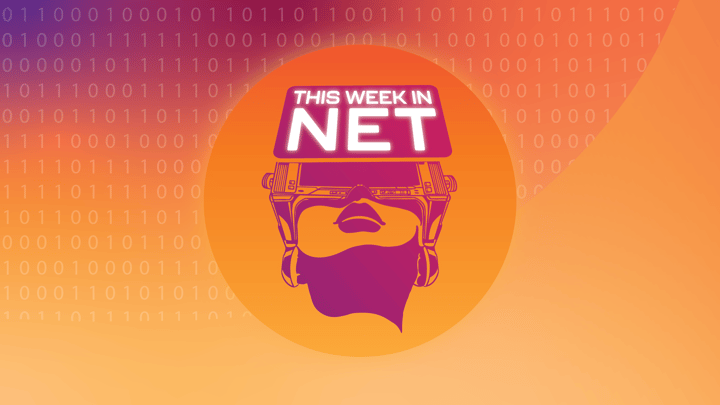2024 Security Week edition. AI, networks, applications, and more
In this week's episode, we have a special edition all about Cloudflare’s first innovation week of the year, Security Week.
João Tomé and Cloudflare's CSO Grant Bourzikas discuss the week's key announcements. Topics include AI opportunities and risks, ensuring digital visibility and control, focusing on access control and security team monitoring, optimizing CISO spending, and network complexity reduction.
We showcase Cloudflare's new Firewall for AI, designed to safeguard AI applications for free, and our enhanced Defensive AI capabilities to counter emerging threats. Our introduction of Magic Cloud Networking, powered by our acquisition of Nefeli’s multicloud connectivity technology, marks Cloudflare's entry into this market. This product focuses on providing businesses with simple and secure multicloud solutions.
Additionally, there’s a URL scanner update, and email security features. We also have an update on our wall of lava lamps in San Francisco for entropy story — which includes our wall of double pendulums in our London office, and suspended translucent rainbows mobile in Austin. In a nutshell, this is how Cloudflare uses physical sources of entropy to add to the security of the Internet.
Last but not least, we celebrate International Women's Day with a message from our co-founder, Michelle Zatlyn. We also share a video from our London office and showcase some of the amazing images featured in our blog.
Check our Security Hub with all the blog posts and Cloudflare TV segments: cloudflare.com/security-week

